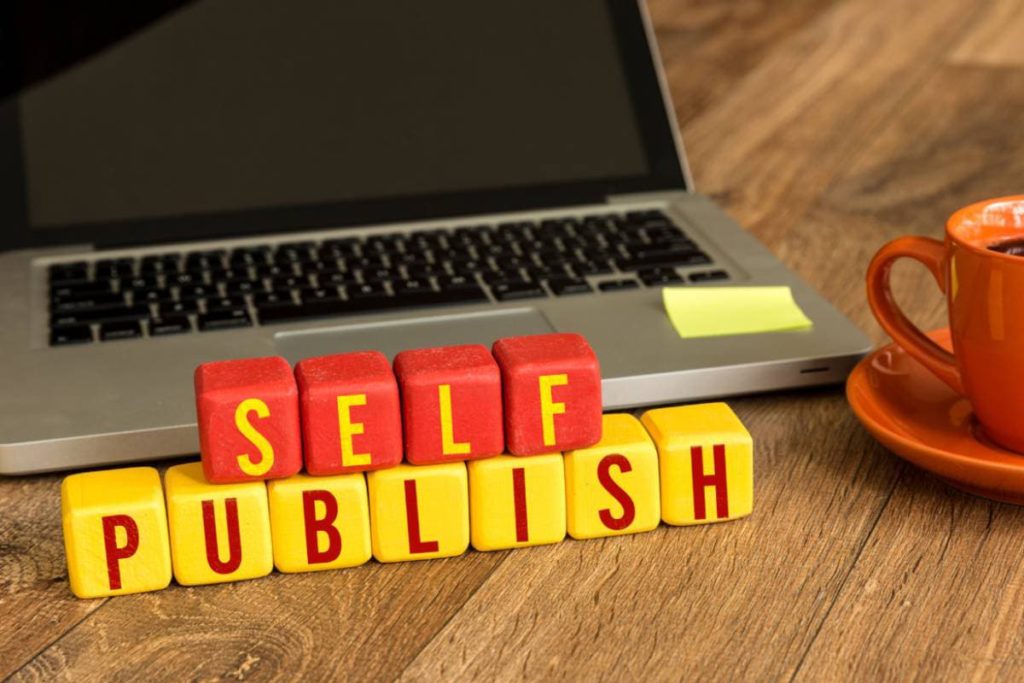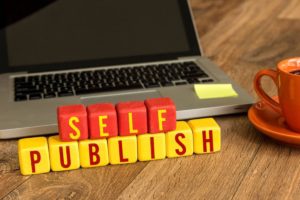It takes a lot of time to write the next best seller. It’s also something that you invest emotionally in, so it makes sense that you want it to succeed as much as possible. And with self-publishing becoming a viable path, you might be wondering if it would hurt your chances with a publisher.
Self-publishing does not hurt your chances with a publisher. If your book is successful on its own, it increases the chances of a publisher offering you a deal. This is because your book will already have a following, making marketing easier for the publishing company.
Throughout this article, I’ll further detail why self-publishing won’t hurt your chances with a publisher and how it could actually help them.

How Self-Publishing Can Help Your Chances With a Publisher
Self-publishing gets a bad rap because those who don’t know better assume that it’s the lazy way of getting your book out.
This might be true of some authors, but self-publishing should be hard work if you’re doing it right. That means paying for editors, beta readers, and writing multiple drafts, not to mention everything on the business side.
And if you’ve done your job well, all of this should lead to a healthy readership, which tells a traditional publisher several things.
Self-Publishing Success Shows That Your Book Is Polished
Books that aren’t written well tend not to have very many people reading them. Poorly constructed prose, loose plots, and a lack of character development lead to lower engagement.
So, if people are reading your book, it likely means that it’s polished. And if your book is polished, it means less work for the publisher.
Self-Publishing Success Shows That Your Book Has an Audience
Nice writing doesn’t necessarily guarantee success. Enjoying success with an engaged and growing audience proves that your book can be successful with more readers.
Self-Publishing Success Shows That You Can Market a Book
Publishing houses used to put in a lot of the work to market a book, but this is increasingly becoming the author’s job. Social media and platforms like YouTube and podcast apps are a way of getting the word out about your book, and publishing companies don’t want to take this additional burden when authors can do it.

Today, many authors must do this work for themselves.
Because of this change, successfully marketing your book shows publishers that they have one less thing to worry about if they decide to pursue your book.
Does Self-Publishing Failure Mean I Won’t Be Traditionally Published?
Failure with your self-published book doesn’t mean that you won’t be traditionally published. A lack of success can result from many factors that you can often fix in the second round of publishing. However, the publisher must see potential in your work.
Books can fail for various reasons, from the actual written content to the marketing strategy.
Failure in the self-publishing stage may be a blessing in disguise as it can serve as helpful feedback if you’re able to make adjustments to improve your work.
The Goal of Publishing Houses
Traditional publishers have the same goal as any company, which is to make money. If they see an opportunity in a story that may lead to profits, they will seize that.
And while there are no guarantees of profit in the writing business, publishers try to get as close to that as possible by searching for books with potential audiences and marketable authors.
Timing is often the biggest hurdle for aspiring authors, as publishing houses may simply view a book as not the right fit for them.
JK Rowling is the most famous example of this.
The Case of The Martian
You’ve probably heard of the movie The Martian where Matt Damon stars as an astronaut on Mars. You may also know that the movie was based on a book. What you may not know is that it was originally self-published before being traditionally published.
Self-Publishing Stage
Andy Weir, the author of the book, started by publishing The Martian chapter by chapter on his blog. Eventually, he took the full version of the book to Amazon, self-publishing for $0.99 per book. This led to a growing readership and sales and eventually further success down the road.
Traditional Publishing Stage
As The Martian went to Amazon’s best-seller list, Weir got a publishing agent, which led to selling the rights to Random House. By this point, The Martian already had a well-established audience, so purchasing the rights was an easy business decision for a publishing company.
The book went on to be a New York Times best-seller and got a movie deal.
What You Can Learn From Andy Weir and the Marian
The success of The Martian can be viewed not only as a self-publishing success but a content marketing success. Weir created free content, built a strong following, then offered his product in exchange for money.
This can be a powerful way of attracting an audience and can lead to profits via self-publishing, and can potentially lead to traditional publishers taking an interest. When the audience is already built-in through the hard work of the self-publishing author, it makes the decision to offer a contract easy on the publisher’s part.
Make Sure You Keep the Rights to Your Book
The biggest caveat to all of this is that you need to retain the rights to your book. Some self-publishing platforms may try to keep the rights to your book even if you try to pull your content from your platform, so carefully look at which you use.
Publishing via Amazon is a good choice if you want to publish traditionally someday. You retain your rights if you decide to pull your book from their digital shelf.
Final Thoughts
Self-publishing can be challenging but also rewarding for independent authors, and it shouldn’t be a barrier to traditionally publishing your book down the road. If you put in the work to make and market the best product possible and retain the rights to your work, your chances of traditionally publishing should improve.

